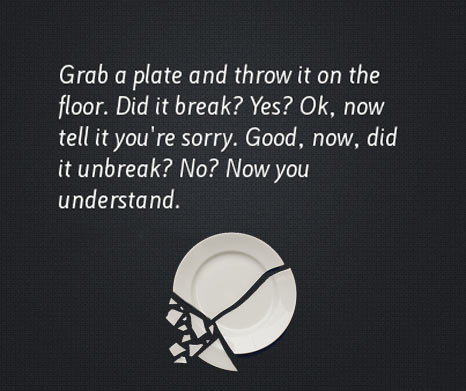Courageous communication is a key to successful relationships. Whether working with a team to create a healthy business culture or applying it personally to boldly address hard subjects, it describes honest, clearly articulated conversations about issues that matter. It is a proven way to build an atmosphere of trust.
Since my natural personality tendency sets me up to avoid confrontation, courageous communication is something I’ve had to consciously discipline myself to develop. It’s a vital component of success in all relationships.
At work, it might mean talking about the elephant in the room that’s affecting team morale.
At home, it might be requesting a family meeting and asking everyone to pitch in on the effort to trim expenditures when mom or dad experience a job cut.
Courageous and Angry are Two Different Animals
Being authentic is critical, but it doesn’t mean saying everything that comes into your head. Honest communication doesn’t mean being disrespectful and hurtful. Anger is a normal emotion, yet tension has to be addressed and worked through. When I work with teams, the question often arises, “If you’re committed to courageous communication, where does venting fit in?”
First, let’s agree on what venting is. The dictionary defines it as, “giving free play or expression to an emotion; to vent rage; to release or discharge. “
Venting involves anger. Some of the road rage and crazy crimes of passion we see in the news are examples of the most radical form of venting. Clearly, that’s seriously unhealthy behavior.
You might think your rant session with a co-worker or friend is a healthy way to let off steam and work through frustration. Granted, we have to process stress or it can steal our peace and affect our health, but is venting a good strategy?
Is Venting a Good Strategy?
Think about the last time you vented to someone. Did you feel better afterward? What about the last time you were on the listening end of someone else’s diatribe. How did it make you feel?
It’s quite possible venting allows us to rehearse the problem rather than disperse the problem.
Stop, Drop and Breathe
When I was a child, I remember learning that if you ever find yourself in the terrible predicament of being on fire; Stop, Drop and Roll. The worst thing to do is follow your natural inclination to run and thrash around. The best advice when you are on fire emotionally goes right along this line of thinking ; Stop, Drop and Breathe.
Stop – Quit talking. Bite your tongue in mid-sentence if necessary. I’ve often joked that my tongue is significantly shorter than it used to be from all the times I’ve bitten it. Taking back hurtful words is like trying to put toothpaste back in a tube. Can’t do it. At that point, all you can do is move into damage control mode.

Drop: Drop the subject until you are cooled down enough to talk about it. Step away from the flames. Talking at this point is adding fuel to the fire. It can result in broken dishes, like the plate in the example above that has gone viral on Facebook. (And in case you didn’t know- social media is the WORST place to vent. Don’t do it.)
Breathe: Deep breathing calms you. That’s one reason exercise is good stress management – you flush much needed oxygen to your system. It’s no coincidence that emergency instructions on airplanes instruct you to put on your own oxygen mask first before you assist others. Breathing isn’t optional under any circumstances. Note to self: Take several deep breaths before dealing with any conflagration.
Retrain Your Brain
It’s a scientific fact that children have not developed the neural pathways to calm their own turbulent emotions. It’s not shocking to see temper tantrums and hissy fits with little people. That doesn’t mean we approve or consider it acceptable behavior. As for adults – there has to be a better way.
Neurologists say every time you resist acting on your anger and choose to restore yourself to calm, you are rewiring your brain to be calmer and more loving. There is proof you can retrain your brain – even if anger has governed your reactions in the past.
I’m going to talk more about the rules of engagement for venting in my next post, “Anger Doesn’t Have to Roar.” For me, courage often means leaning in and speaking up. For others, courage might mean stepping back and holding your tongue. As we anticipate holiday gatherings in the months ahead, it’s the perfect time to brush up on conflict resolution skills.

